Is the traditional Highland games a time for catching up with friends, commemorating the history of the area, and reinforcing sexist ideas about sport?
After last weekend’s Glenfinnan Gathering, held in the village this year for the 75th time, a female competitor took to Facebook to criticise the lack of equal opportunities for female athletes.
On the day of the games, runner Jessica Acheson was told, as I have been since, that all the events “are gender neutral so that they are not discriminatory”. In every event at the games, there is a first, second and third place with cash prizes. The results are read out over the tannoy and published after the event. The 100 yards sprint, half mile race, long jump, high jump and even the heavy lifting events – all “gender neutral”.
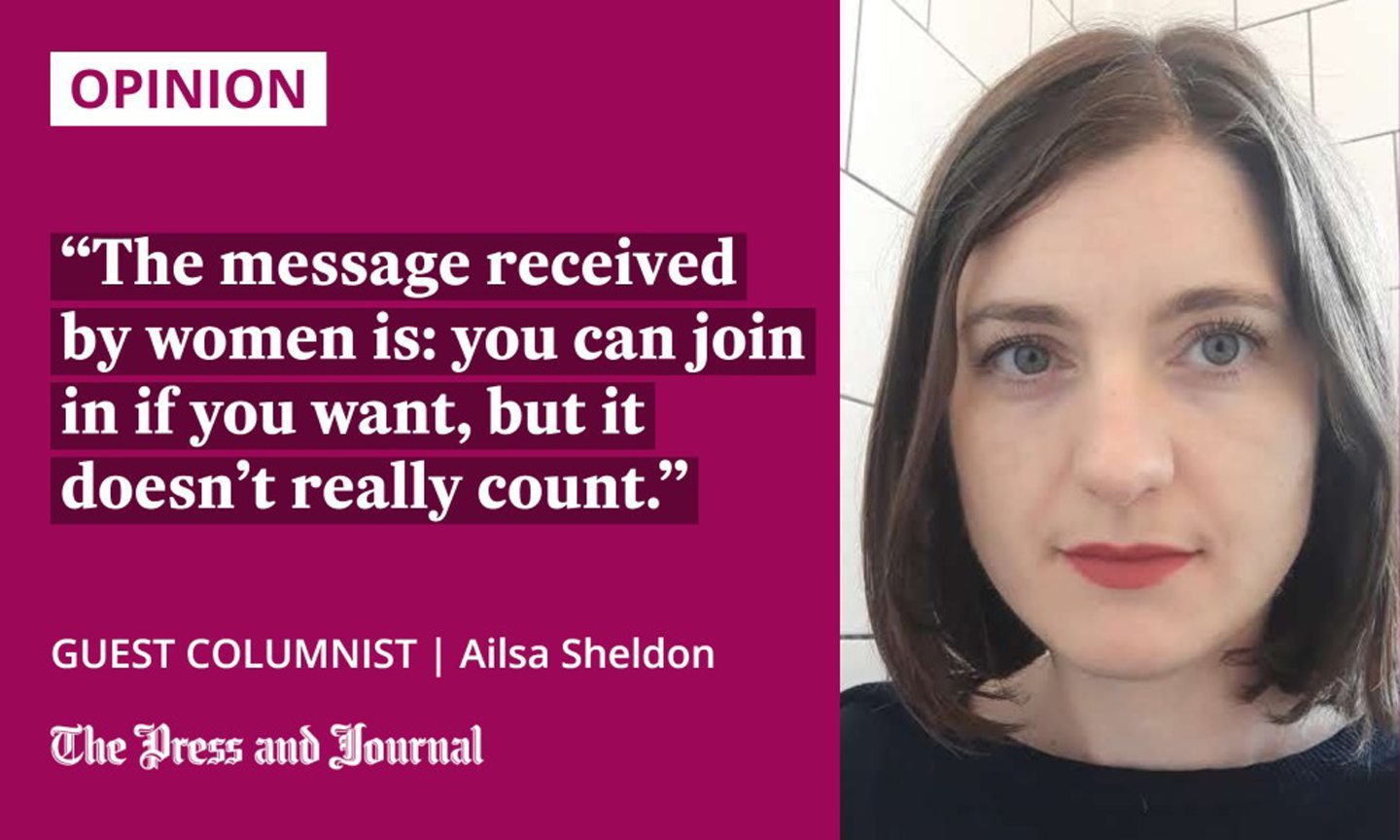
Only one race has a separate women’s prize – first lady in the hill race. Yet, this award acknowledges what the athletes are saying: it can never be a level playing field when men race against women. Uniformity and equality are not the same thing. That cup was the only athletics prize won by a woman all day.
When Jessica questioned the policy, she was told there wasn’t enough money for prizes for women. The prize money couldn’t be shared, because then the men wouldn’t get very much.
A third prize for a man is deemed more important than any prize or recognition for women. Jessica asked if race results could be recorded anyway, perhaps just read on the tannoy. She was told no.
Women’s efforts aren’t taken seriously
It’s easy to brush off such concerns by saying Highland games are just for fun, not to be taken seriously. To which I’d reply – the men are allowed to take it seriously.
Some male competitors were barely off the field, swapping between heavy lifting and athletics all afternoon. They had clearly trained and prepared for the day, but so had the women. Only, the women were never really in the competition at all.
I go to the Glenfinnan Games every year. I grew up in the village and feel untethered from my roots if I miss that third Saturday in August. But, I’m ashamed to say it took another woman speaking up for me to reassess how events like these have affected my relationship with sport. The message received by women is: you can join in if you want, but it doesn’t really count.
My son ran the race himself this year and came third junior. I’m proud, of course, but there’s no record of which woman came third, or even second. That’s hard to justify
As an adult, I’ve run the hill race twice. I last ran it with my then 11-year-old, perhaps to show that, because I was running with a child, I wasn’t taking it seriously. Despite this, at the last Glenfinnan Games in 2019, I was first lady at the hill race. The joke is, I was the only woman that entered. So, what put the other women off, do we think?
My son ran the race himself this year and came third junior. I’m proud, of course, but there’s no record of which woman came third, or even second. That’s hard to justify.
We’re giving the wrong message to the next generation
In 2019, talks finally took place between the Royal Scottish Highland Games Association (RSHGA) and Scottish Athletics about improving inclusivity. Looking at the programmes for RSHGA member games, there are signs of improvement; more women’s races, and more games using a handicapping system – but there’s still a long way to go.
Most smaller Highland games, including Glenfinnan, are not RSHGA members, so any change will be up to individual committees. And change requires first understanding that there is a problem. So far, that appears lacking (though I hold out hope).
Twenty miles up the road, Mallaig and Morar held their Highland games a fortnight before. It’s also a small, community-run event, but they have taken a very different approach. A committee member told me: “We have male races and female races, some have the same start and course, and some have their own unique start. They all receive prize money, which is the same for whichever gender, and there are also unique trophies. The only category where we don’t make a distinction is the toddlers’ race.”
My long-legged 14-year-old’s triumphs on the field now also look a bit unfair- where were the girls? The next generation are getting the same message.
Highland games should represent Scotland
As Jessica told me: “I wouldn’t have expected to race against the males in cross country at school as a child, and I don’t expect to as an adult either. Not having equal sporting opportunities sets a bad example to young attendees of the games, and to visitors from other countries about what sport looks like in Scotland.”
To refuse to evolve is to risk becoming irrelevant, even extinct. Wouldn’t that be a sad end to a glorious tradition?
Quite. What future Eilish McColgan or Laura Muir is being told to help in the tea tent instead?
Highland games are traditional events, but it’s easy to use tradition as an excuse. Do we really think spectators would be outraged to see women compete fairly in 2022?
To refuse to evolve is to risk becoming irrelevant, even extinct. Wouldn’t that be a sad end to a glorious tradition?
We can only speculate how many women in the history of the games would rather have been on the field than helping with the cakes. There’s no need to guess now: the women want a fair shot.
Ailsa Sheldon is a Scottish freelance journalist
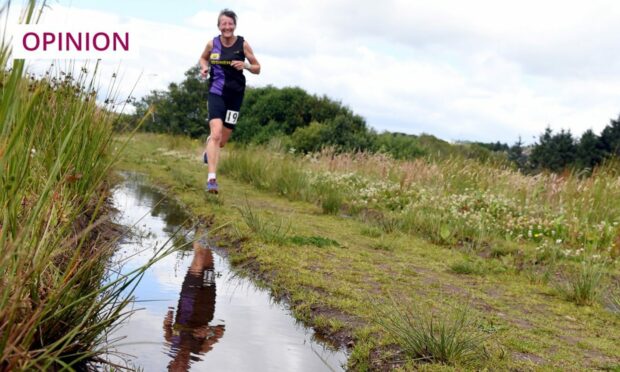
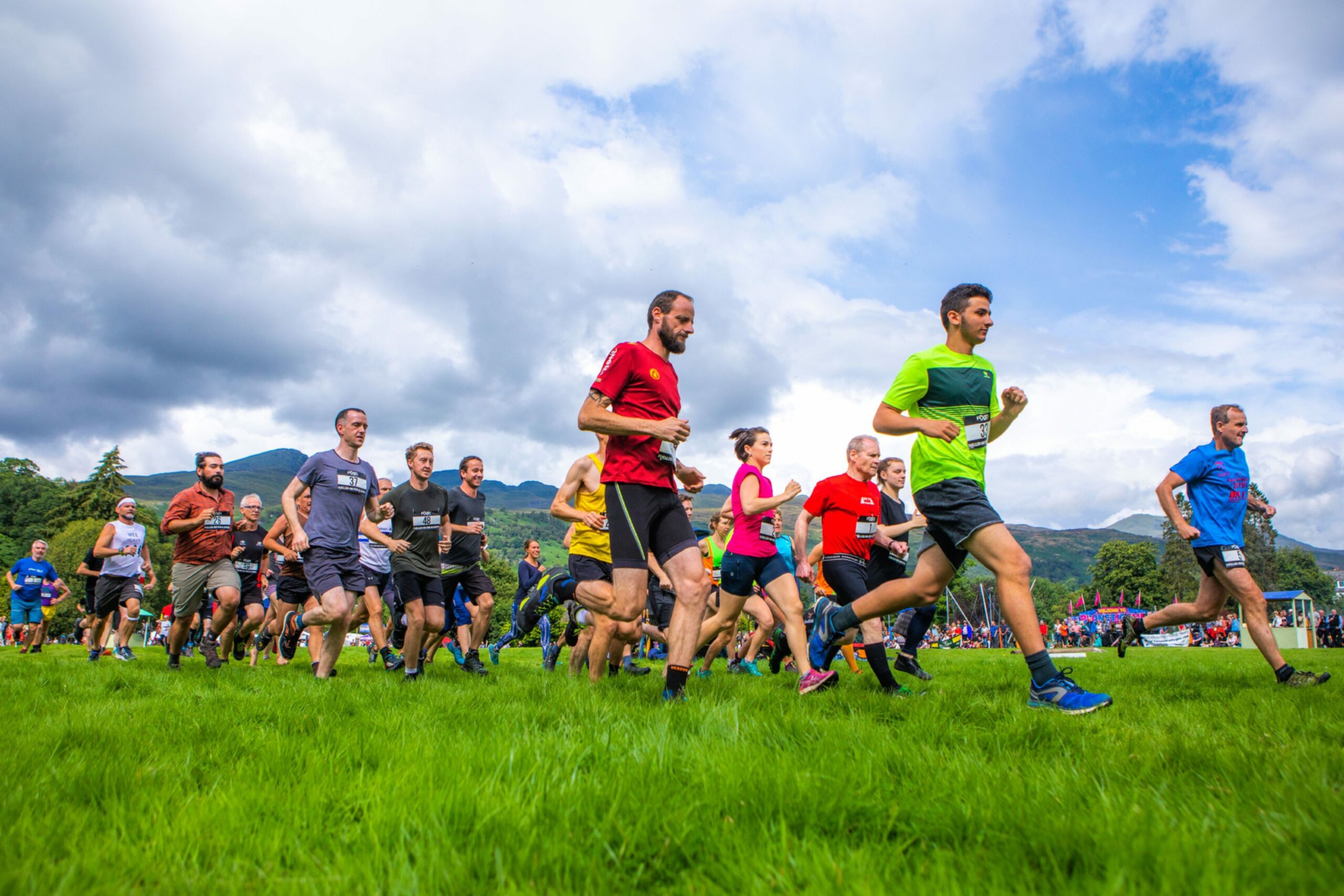
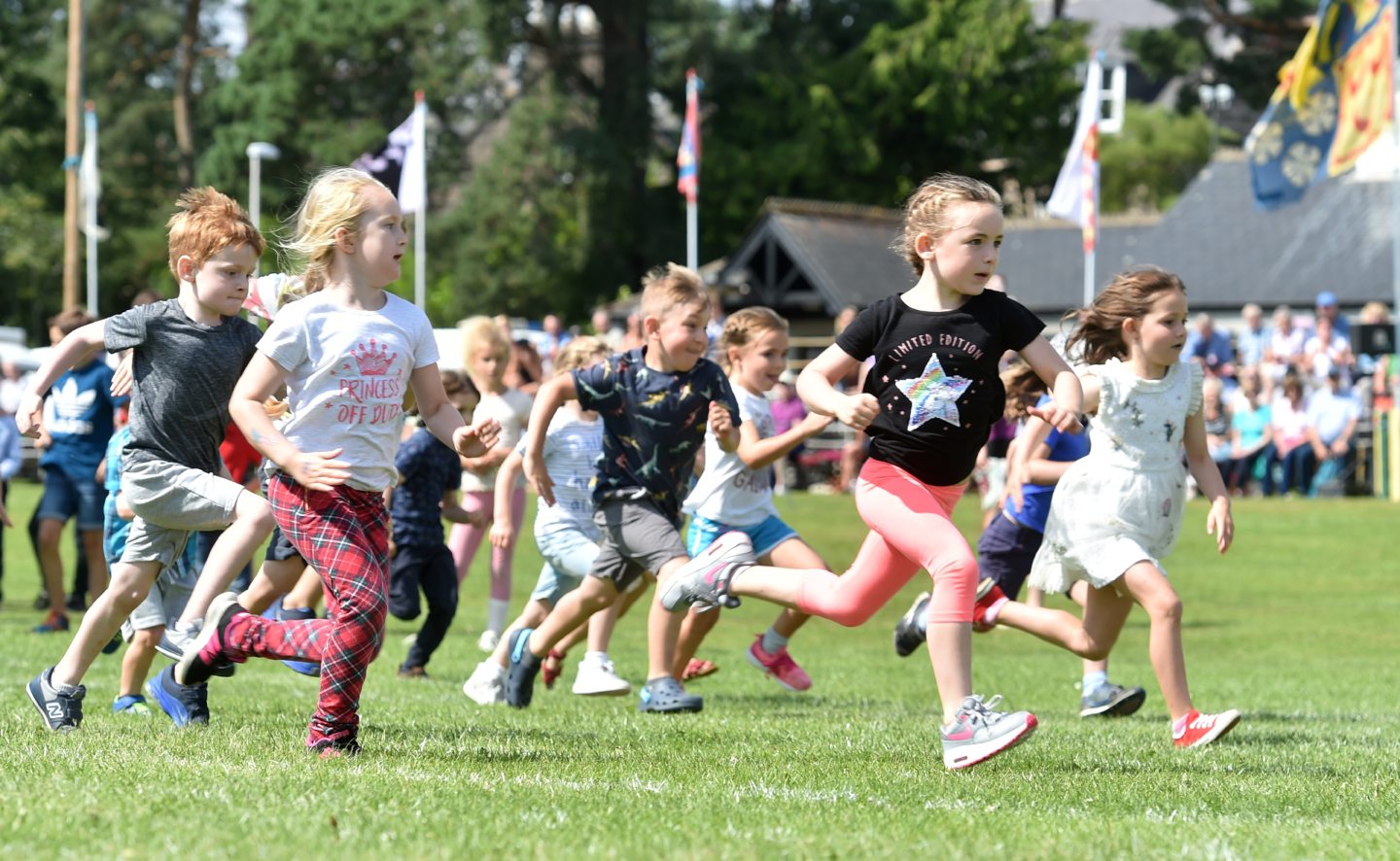
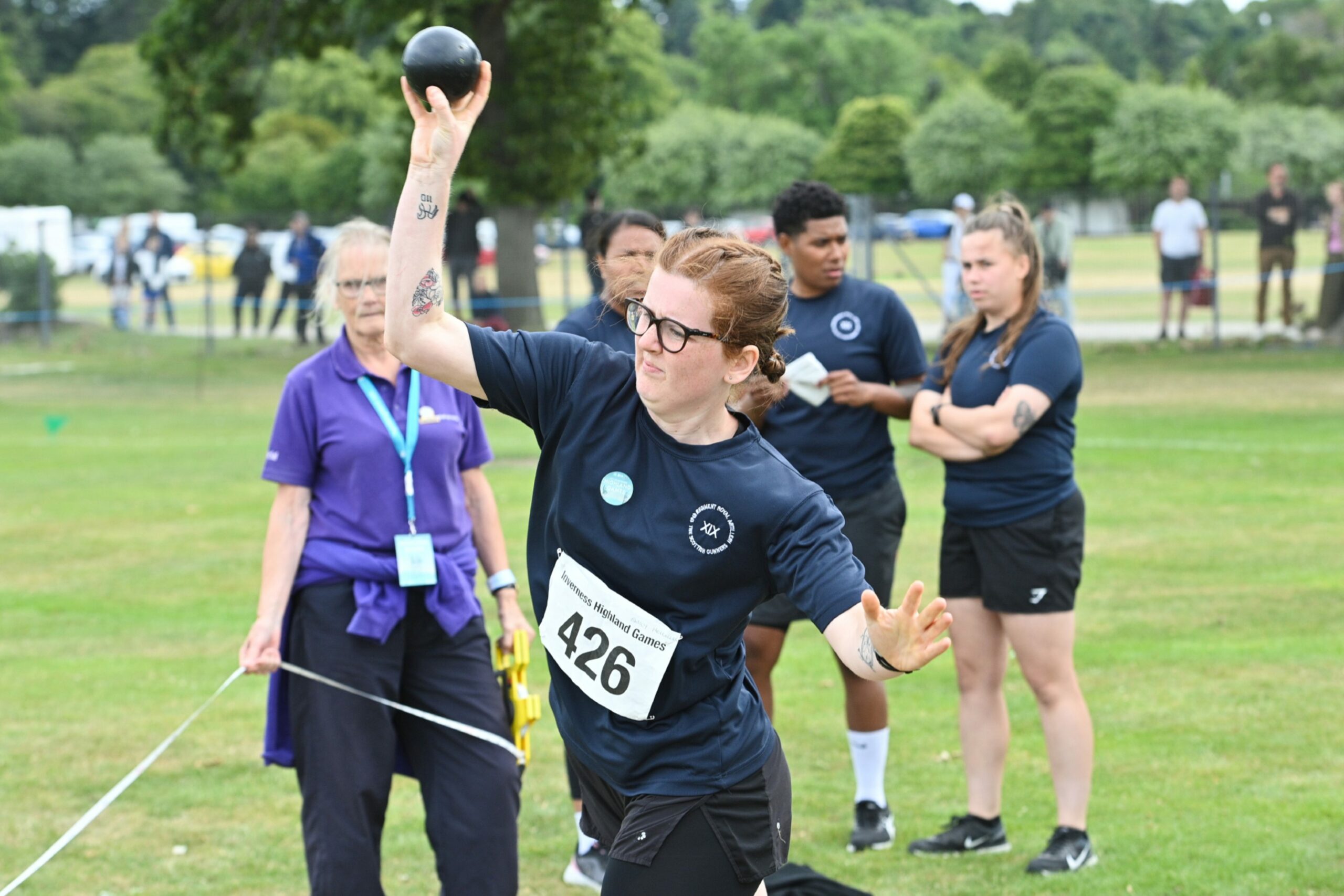
Conversation